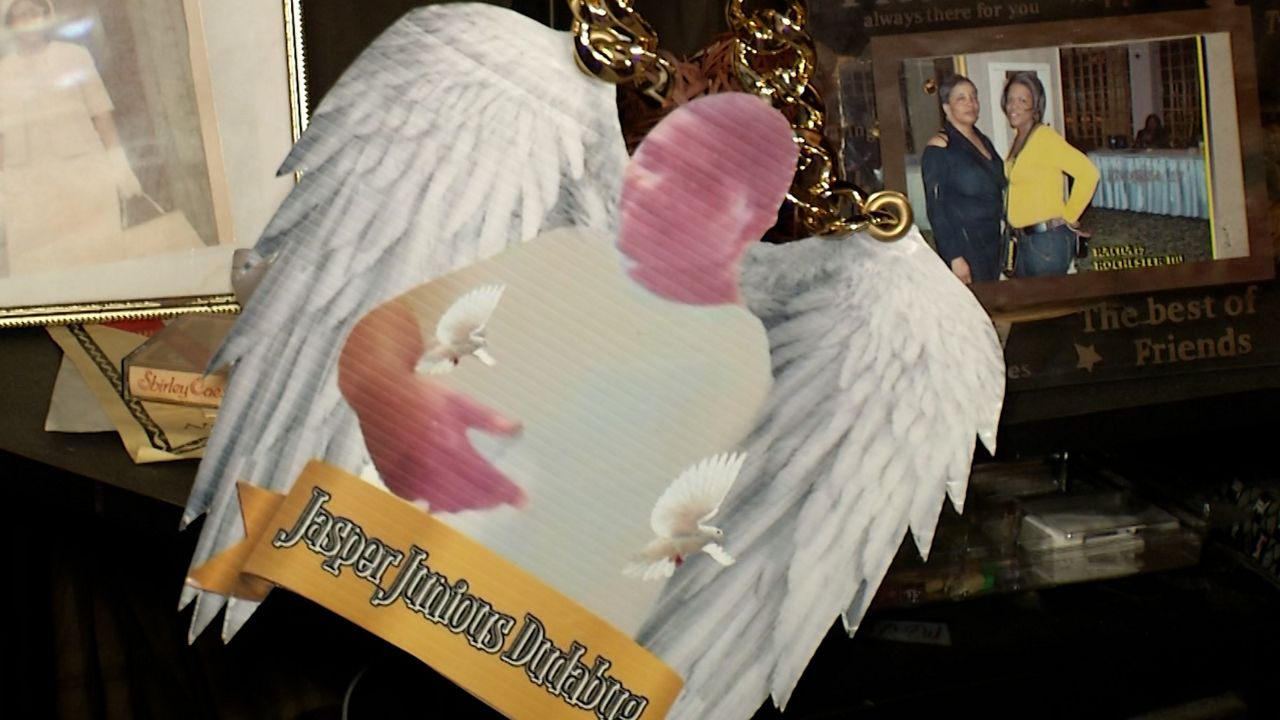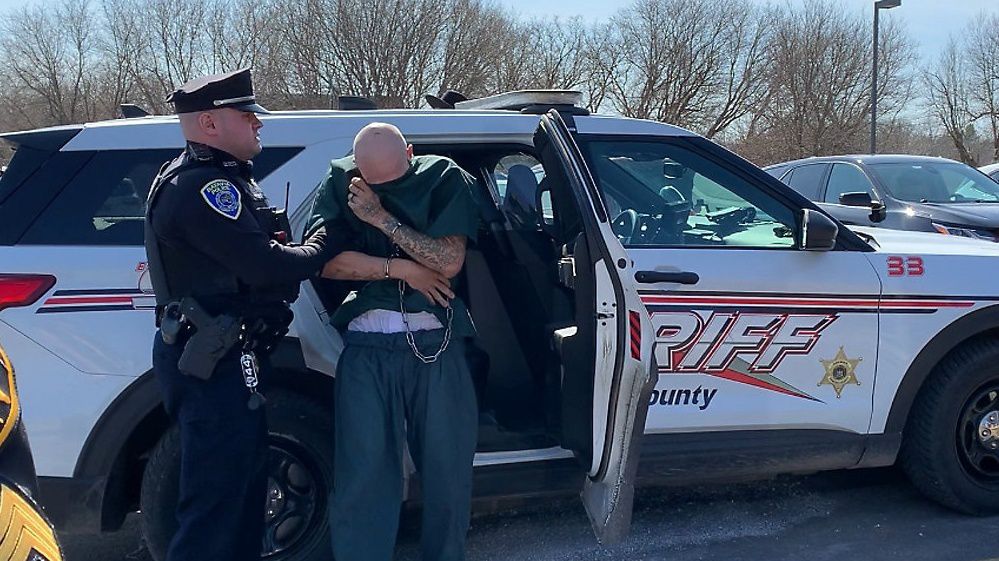ROCHESTER, N.Y. — The total solar eclipse and all that comes with it — including the darkness, a drop in temperature, winds and environmental shifts — can initiate reactions from animals. Pet experts at CountryMax help unlock some of the mysteries of animal behavior to be expected during this upcoming cosmic event.
CountryMax says it is getting a bunch of calls from people asking about what if anything they need to do for their pets or outdoor animals during the April 8 total solar eclipse.
Starting on the farm, the darkening sky during a total solar eclipse is like a signal that it's bedtime. Horses will probably head to the barn and call it a day. CountryMax says chickens have poor vision at night, so will likely settle into their coops to roost because they will think it is nighttime.
Listen and look for birds as well, because they will definitely be chirping.
"When you are looking out your back window, you will definitely see birds start to head for the trees or their nests and they will naturally as the temperatures are going down and it's gonna be dark, so they're gonna start to say, 'oh, maybe the day is over.' Once it is fully dark, you will hear their song change, so listen for that; it'll be interesting to see how much they notice and how much they react," said Countrymax's Bryan Rapp.
As far as dogs, they do not need eclipse glasses. Dogs take their cues from humans and will not look at the sun, but could be anxious, so it's best to leave them at home and inside.
Keep in mind that starting at about 2:05 p.m. on April 8 in Rochester, the moon will begin to appear to move in front of the sun. Totality begins at 3:20 p.m., and will last for 3 minutes and 38 seconds. So listen for the animals and when you look up, make sure you have your eclipse glasses on.









